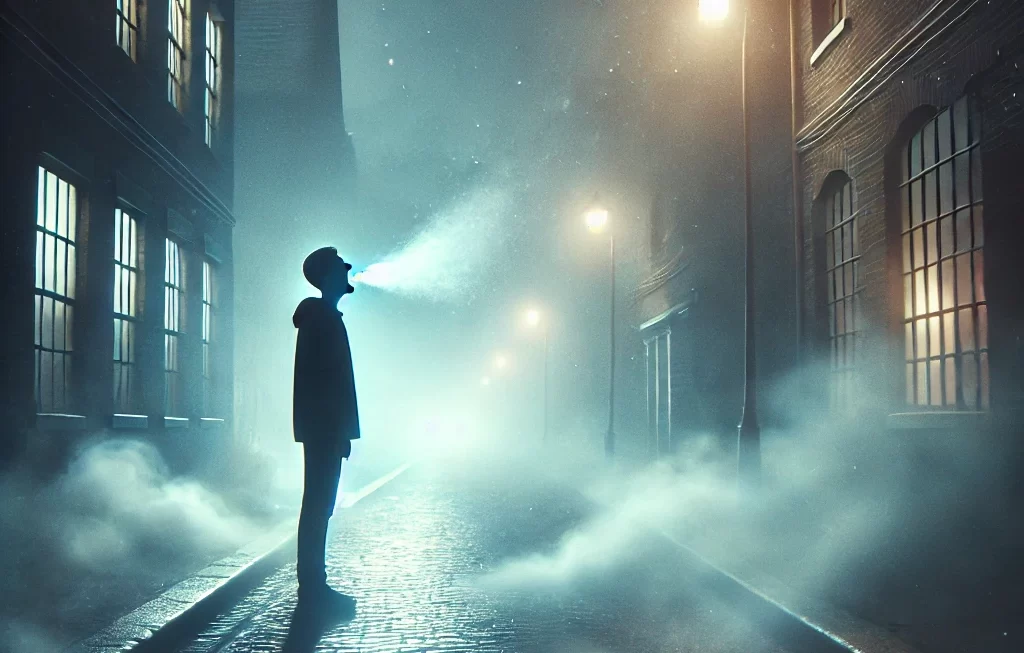Contents
Exploring the Mystery of Dreaming About a Lost Loved One
Dreams have long been a window into our deepest emotions, thoughts, and, often, spiritual beliefs. When we dream about a loved one who has passed away, it touches a special chord within our hearts. This kind of dream can be poignant, comforting, or sometimes unsettling, depending on the nature of the dream and our relationship with the person. It’s not just a mere replay of memories but often a complex interplay of our subconscious mind, emotional needs, and spiritual beliefs.
The Most Likely Reason For Dreaming About a Past Loved One
Dreaming about a past loved one who has passed away often signifies a deep, ongoing process within our subconscious. This is not merely a reflection of missing them or reminiscing; it’s a profound indication of the intricate workings of our inner mind as it continues to process loss and adapt to a world without their physical presence. Our subconscious uses dreams as a language, a means to communicate complex emotions and unresolved conflicts that we may not even be consciously aware of.
In the depths of these dreams, the subconscious might be striving to achieve several things. One of the primary aspects is the need for closure. Even if we believe we have come to terms with the loss, there might be unspoken words, unresolved feelings, or unanswered questions lingering in our minds. Dreams about lost loved ones can often provide a scenario where these unresolved elements come to the fore, allowing us to confront and address them in a way we couldn’t in reality.
Another aspect could be the subconscious seeking comfort. The presence of a departed loved one in a dream can be a source of immense solace and reassurance. It’s as if the subconscious is creating a temporary bridge to the past, allowing us to relive the connection and love that we shared. This can be particularly prevalent during times of stress or change, where our psyche longs for the familiar comfort and guidance that the loved one used to provide.
Additionally, these dreams might reflect a journey of self-discovery and reflection. Seeing a loved one in a dream can trigger introspection about our own life journey, the lessons they taught us, and how their influence has shaped who we are today. It’s a subconscious nudge to reevaluate our current path and choices, ensuring they align with the values and lessons imparted by the loved one.
It’s crucial to recognize that these dreams are a normal, healthy part of the grieving process and a testament to the deep impact the loved one had on our lives. They are a bridge between conscious thought and subconscious feeling, a way for our deeper selves to communicate important messages that can lead to emotional healing and personal growth. Such dreams remind us that while a loved one may be gone in the physical sense, their impact and presence continue to live on within the realms of our innermost thoughts and feelings.
Similar or Related Dreams
Dreams where you’re talking to a loved one who has passed, dreams where they are alive and well, or even dreams where they are in some kind of distress, all fall into a similar category. They all represent different aspects of coping with loss and the healing process. A dream where a loved one is alive and happy might signify your wish to remember them in their best times, while a dream where they are in distress could indicate unresolved guilt or unresolved issues in the relationship.
Other Possible Reasons for the Dream
Apart from the grief and healing process, such dreams can also stem from significant dates (like anniversaries or birthdays), life changes, or stress. Your subconscious might be drawing upon the memory of your loved one as a source of strength or guidance. It’s also possible that you saw, heard, or experienced something recently that subconsciously reminded you of them, triggering the dream.
Lucid Dreaming and Its Impact
If you were aware that you were dreaming during this experience – a phenomenon known as lucid dreaming – the potential for emotional healing and insight is profound. Lucid dreaming is when the dreamer becomes conscious within the dream state and can often exert some control over the dream environment and narrative. If you were to become lucid in such a dream, you could actively engage with the representation of your loved one, perhaps asking questions or expressing feelings that were left unsaid. This interaction could be incredibly therapeutic, allowing for a sense of closure or deeper understanding. Taking these lessons into real life, it could ease the grieving process and help in cherishing the positive memories and legacy of the loved one. Lucid dreaming, in this context, becomes a bridge between the subconscious healing process and conscious emotional growth.




